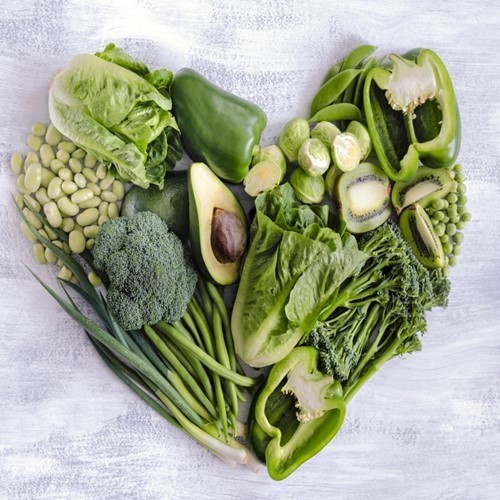Mental health is as important as physical health and part of the solution to mental health well-being is nutrition.
The common misconception is that we must NEVER eat junk food. While this may have some truth, it doesn’t mean that we should never touch junk food. We don’t have to give up our favourite treats and sweets, it’s more useful and helpful to understand the power of the food we consume and the food that’s good for our mood.
Food to avoid
Foods that cause blood sugar levels to spike cause a brief but intense feeling of euphoria, followed by an energy slump, often having a negative effect on our mood, energy levels and sleep. This is why when we consume our favourite chocolate bar, pack of sweets or fizzy drink, we initially feel great and then fall into a lull. This is one of the most common reason’s for lack of productivity and motivation in the workplace.
Depending on where we work and the hours we work, eating healthily can seem a little more difficult and we tend to comfort eat.
The foods to avoid if we have a low mood, have trouble sleeping or have poor energy levels are refined sugary foods, such as, cakes, sweets, pasties, pastries, crisps, biscuits, white pasta, white rice and sugary cereals.
The above foods are digested quickly and then the glucose surges into our blood stream causing a peak of energy, and often change in mood. However, this doesn’t last long and our blood sugars start to drop quickly which causes our bodies to have an energy slump.
Food that’s good for our mood
What we ideally need is slow release energy foods, such as, nuts, seeds, brown rice and pasta, lots of vegetables, lentils and pulses.
These foods digest at a slower rate, resulting in a more balanced release of energy. If we can manage to add a portion of one or two of these in our meals to create a plate full of slow-release high fibres, this will help improve our energy levels, sleep quality and mood. Here are 9 more foods that are good for our health.
Did you know…
Serotonin is a feel-good Neurotransmitter found in the brain that is directly linked to our gut! In fact, up to 90% of serotonin comes from the gut! What does this mean? Our gut health (which is determined by the foods we consume) is one of the biggest factors for how we feel mentally.
We have a specific amino acid (Tryptophan) that is converted into Serotonin and travels from our gut to our brain. There is scientific evidence to suggest that depleted levels of Tryptophan have a negative effect on mood, depression and anxiety.
Foods with a high Tryptophan levels
Nuts, seeds, lentils, beans, oats, tofu, fish, turkey, eggs and dairy foods.
What depletes serotonin?
Nicotine, drugs, alcohol, sugar, sweeteners, poor diet and prolonged stress.
This in no way suggests that just eating healthier alone will reverse depression, however food that’s good for our mood should not be ignored as they do have an impact.
If you would like any advice or have any questions, please feel free to get in touch with our Nutritional Therapist using our free online service, here.






















